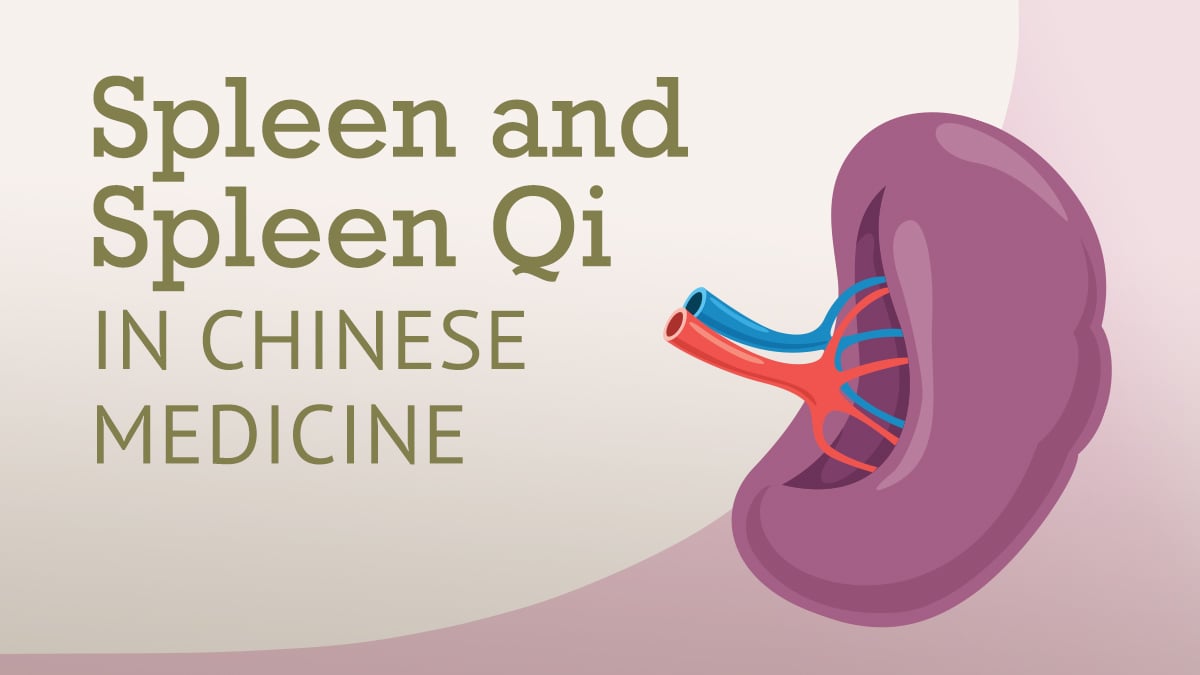Your cart is currently empty!
Bai Wei
English Name: cynanchum, blackened swallowwort root, versicolorous swallowwort root
Literal Translation: “white rose”
Pharmaceutical Name: Radix Cynanchi Atrati
Medica Category: Deficiency-Heat Clearing Herbs
Properties: Bai Wei enters the Stomach and Liver channels; it is bitter and salty in nature and cold in temperature.
What is Bai Wei?:
The Chinese Herb Bai Wei is the dried roots of the blackened swallowwort (Cynanchum atratun Bge.) or the versicolor swallowroot (Cynanchum versicolor Bge.). The plants are perennial climbers native to the mountains and meadows of Northern China and Japan but are considered invasive species in North America as they tend to grow over and choke out other plants once introduced.
**safety note: Many sources mention that black swallowwort has mildly toxic properties, for instance that insects that eat the leaves (mistaking this plant for milkweed), are poisoned and die; however Bai Wei was not considered toxic in Traditional Chinese Medicine (its use goes back to the second century AD) and the modern Chinese medica (Chen and Chen) does not make any special mention of toxicity or list any contraindications specifically due to toxicity.
Traditional Chinese Medicine (TCM) Therapeutic Actions of Bai Wei:
Bai Wei clears heat and cools blood and is helpful when one is recovering from a febrile illness when signs of yin deficiency persist (e.g. lingering low-grade fever, five-center heat, and irritability) after the high fever has subsided and the body is having trouble restoring normal (i.e. healthy) circulation of qi.
Bai Wei clears deficiency heat in postpartum women caused by the sudden loss of blood.
Bai Wei clears wind-heat when exterior pathogenic influences are attacking the Lung to cause cough with fever and sore throat (with or without underlying yin deficiency symptomology).
Bai Wei cools the blood and promotes normal urination is cases of painful, burning dysuria (w/blood) or in cases of enlarged prostate.



